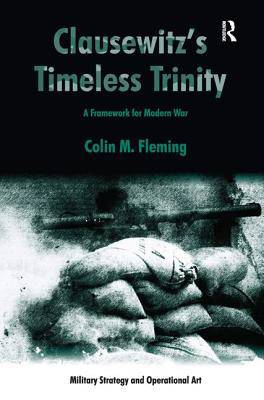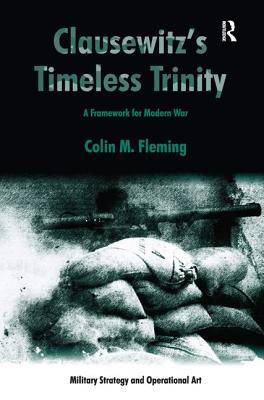
- Afhalen na 1 uur in een winkel met voorraad
- Gratis thuislevering in België vanaf € 30
- Ruim aanbod met 7 miljoen producten
- Afhalen na 1 uur in een winkel met voorraad
- Gratis thuislevering in België vanaf € 30
- Ruim aanbod met 7 miljoen producten
Zoeken
€ 343,45
+ 686 punten
Uitvoering
Omschrijving
Building on the existing corpus of scholarship, this is the first book to apply the Clausewitzian Trinity of 'passion, chance, and reason' to the experience of real war. It explores the depth and validity of the concept against the conflicts of former Yugoslavia - wars thought to epitomise a post-Clausewitzian age. In doing so it demonstrates the timeless message of the Trinity, but also ties the Trinitarian idea back into Clausewitz's political argument.
Specificaties
Betrokkenen
- Auteur(s):
- Uitgeverij:
Inhoud
- Aantal bladzijden:
- 218
- Taal:
- Engels
- Reeks:
Eigenschappen
- Productcode (EAN):
- 9781409442875
- Verschijningsdatum:
- 18/12/2013
- Uitvoering:
- Hardcover
- Formaat:
- Genaaid
- Afmetingen:
- 156 mm x 234 mm
- Gewicht:
- 485 g

Alleen bij Standaard Boekhandel
+ 686 punten op je klantenkaart van Standaard Boekhandel
Beoordelingen
We publiceren alleen reviews die voldoen aan de voorwaarden voor reviews. Bekijk onze voorwaarden voor reviews.







